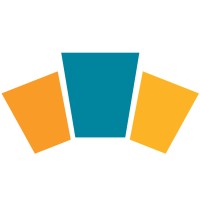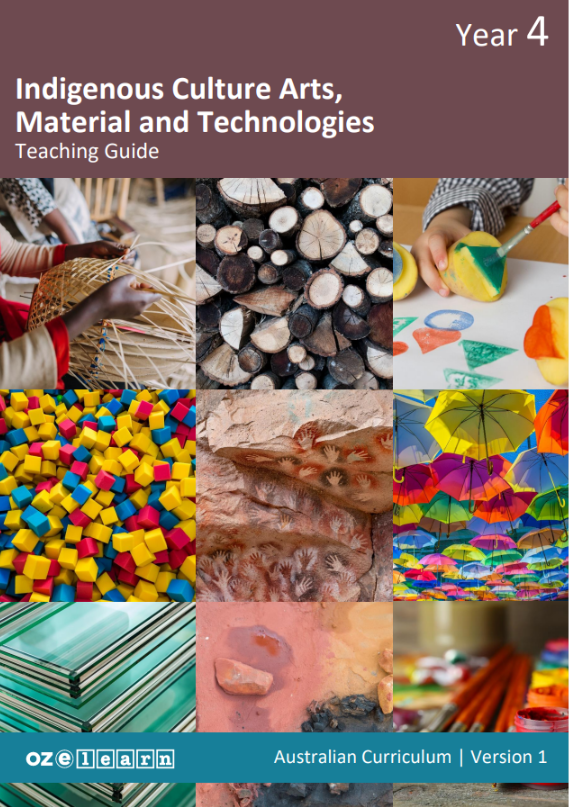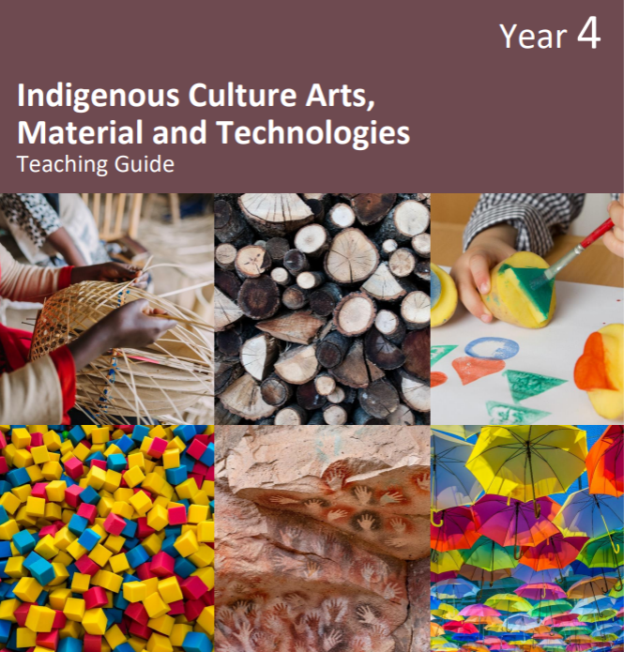Arts, Material and Technologies
Year 4 – Understanding Art
Overview
Students investigate the technological change of products over time. They identify and describe the purpose, features and uses of traditional and modern technologies. Through investigation, students recognise different properties of materials and how they are joined. They identify that forces create movement in products. Following the design process, students meet the identified needs of users through the creation and modification of products.
Learning objectives
In Lessons 1 to 17, students learn to:
- identify the five steps to designing a new product
- evaluate a product design
- identify early indigenous technologies
- describe how early indigenous technologies met needs
- recognise modified products
- identify whether products are new or modified
- design or modify a product to meet a need
- investigate a problem and brainstorm solutions
- make and test design solutions
- reflect on and communicate the results of product tests
- investigate materials and joins
- investigate a problem and brainstorm solutions
- model and test design solutions
- communicate the results of design solution tests
- identify that forces create movement in products
- investigate a problem and brainstorm solutions
- model and test design solutions
- communicate the results of design solution tests.
Assessment
- Knowledge and Understanding Test (Lesson 18)
- Assessment Task: Art Exhibition (Lessons 15–17)
Complete This Unit
Lesson 1: What is Art?
Lesson 2: What is an Exhibition?
Lesson 3: Design Elements of Art
Lesson 4: Techniques in Art
Lesson 5: Comparing Artworks
Lesson 6: Fibre Craft
Lesson 7: Clay
Lesson 8: Indigenous Art
Lesson 9: Sculpture
Lesson 10: Culture in Art
Lesson 11: Print Making
Lesson 12: Stories Through Art
Lesson 13: Collaboration to Make an Artwork
Lesson 14: Planning an Exhibition
Lesson 15: Invitations to Our Exhibition
Lesson 16: Invitations to Our Exhibition
Lesson 17: Art Exhibition



